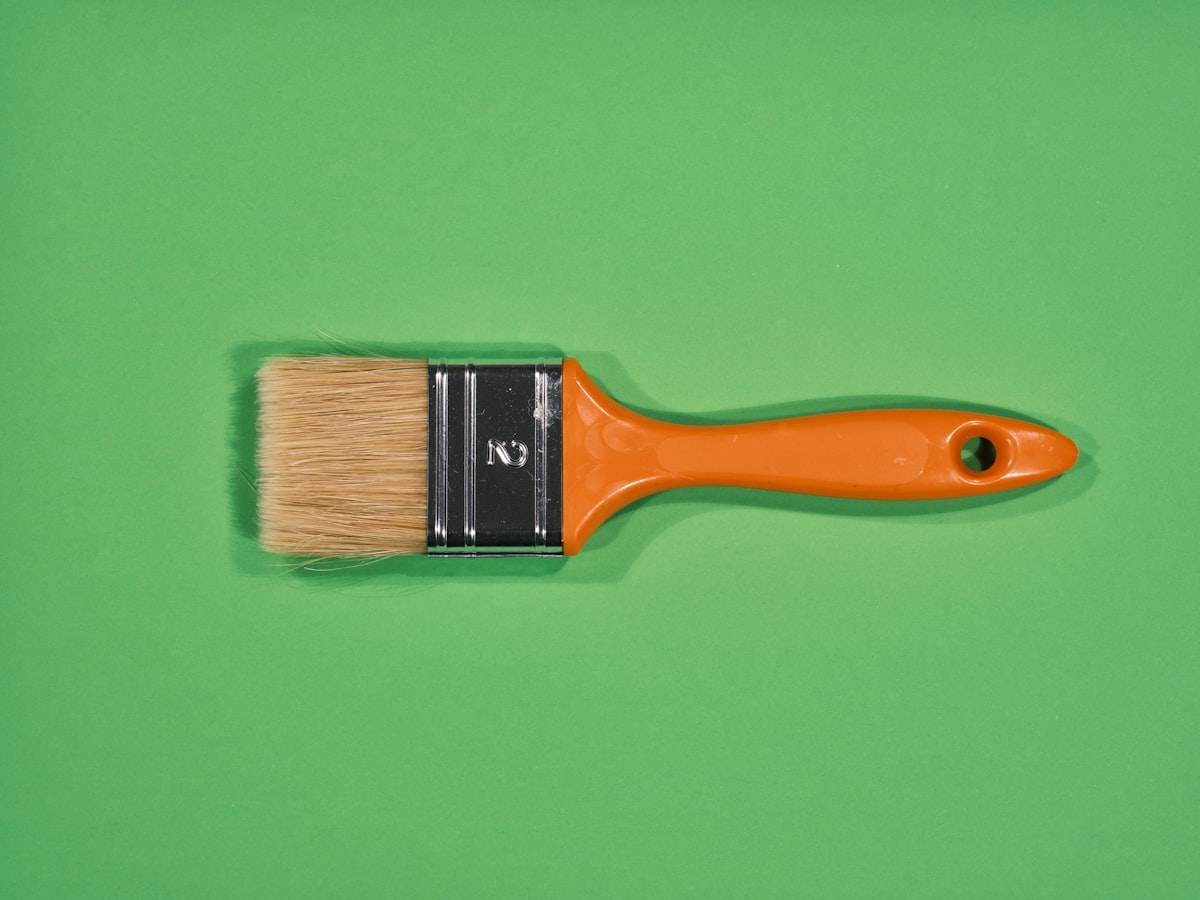PACE, my favourite parenting tool
Within my fostering agency, I occasionally get the opportunity to talk about what works for me.

Within my fostering agency, I occasionally get the opportunity to talk about what works for me.
PACE, and therapeutic parenting, has made such a huge difference to our life, and it’s something I’m always happy to talk about.
There is a push for carer, agencies, local authorities, and (eventually, slowly) schools, to become therapeutic in their approach to supporting children.
As a single carer to 3 kids, I get that it’s tough.
What we really don’t need is more work to do. We don’t need another reason to beat ourselves up, or feel guilty for what we’re not doing.
That’s why I always try to explain therapeutic parenting (and specifically the PACE model) as another set of tools that go into your toolkit. There if you need them. To help you.
PACE.
This is what, for me, runs at the core of therapeutic parenting. It comes from clinical psychologist, Dan Hughes.
Playfulness: The psychologist who trained me in PACE described this beautifully as a ‘lightness of touch’ in your approach. PACE is often shown as pACE, to indicate that it’s not always appropriate to use playfulness (when a kid is mid-meltdown, for example). Kids respond to fun, and us adults could all often do with taking ourselves less seriously.
Acceptance: Big emotions in small people are tough to handle. As adults, we get used to the idea that it’s OK to have emotional reactions. For kids, big emotions can make them feel different, and can be hard to process. Letting them know we accept how they feel (although we may still not like the way they’re reacting) was a breakthrough moment for me.
Curiosity: Asking someone WHY they’ve done something can put them into defensive mode. If you can change that forceful why into something softer, a genuine curiosity for what’s happening, you stand a much better chance of getting through.
Empathy: I’ve talked to my kids about things they’ve experienced that I really have no understanding of. I don’t know how it feels. And sometimes, empathy can be saying just that. However, we can also draw on our own tough times, and show that we too have experienced difficulties. That experience can help us show our empathy and understanding.
As time has passed, I feel like I use PACE less. But I also occasionally recognise that I’m using it without noticing. We quickly adapt to what works and revert back to it when we need it.
